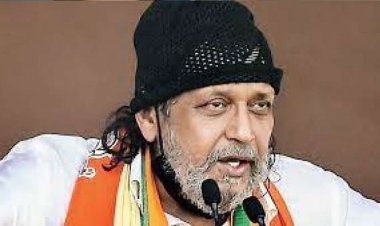Grand gathering of 27 countries and dozens of global organizations at the G-20 conference, Russia and China will not participate in the meeting
All the preparations for the G-20 Summit have been completed. After Russia, the President of China announced not to participate in this meeting. Let us tell you that when India assumed the presidency of G-20 last year, Russia's attack on Ukraine was a big issue. Whereas the PM of India will hand over the responsibility of the next president to the President of Brazil on 10 September 2023.
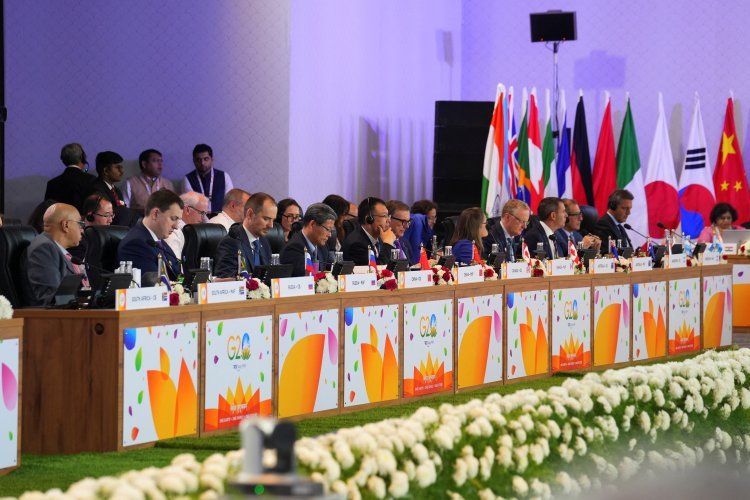
All preparations have been made for the G-20 Summit. There is a lot of enthusiasm about this meeting to be held in the national capital on 09-10 September. There is confusion regarding whether a joint manifesto will be issued after the meeting or not. After Russia, the President of China has announced not to participate in this meeting, although high-level delegations from both countries will participate in it. The Ukraine dispute is likely to cast a shadow over the entire meeting.
India, as the president, is trying its best to create harmony among all the countries. Questions have also been raised about the future form of the G-20 due to the increasing tension between the Group of Seven (G-7), the richest group of seven countries in favor of America on the one hand, and the alliance of Russia and China on the other. Amidst these activities, we see here the circumstances under which the G-20 was formed and how it works.
In view of the severity of the economic crisis in many parts of the world during the last decade of the 20th century, for the first time, an organization was formed consisting of the finance ministers of the top 20 economically strong countries and the governors of their central banks, which was called G-20. Name given. Under this, a discussion was also started regarding creating harmony in economic policies rules, and regulations.
After the global crisis of 2007-08, realizing the importance of the G-20 group, the member countries expanded it to the head-of-state level. After that, its summit meeting is held every year under the leadership of the President of the organization. India is presiding over this organization for the first time in the year 2023.
Initially, the discussion started only on economic policies to reach consensus and policies affecting everyone's interests, but gradually business, sustainable development, health, agriculture, energy, environment and climate change, and anti-corruption topics were also included in its agenda. It is included in this.
G-20 organization consists of 19 countries (Argentina, Australia, Brazil, Canada, China, France, Germany, India, Indonesia, Italy, Japan, South Korea, Mexico, Russia, Saudi Arabia, South Africa, Turkey, Britain, and America) and the European Union. Two-thirds of the world's population lives in these countries, while they have 85 percent of the world's total GDP and 75 percent of the total global trade.
In the economic crisis that arises in the world today, this is the most important platform to create harmony among all countries. A unique feature of this organization is that like the United Nations or the World Bank, it does not have its own secretariat, rather it is arranged by the country which holds the presidency. Even in deciding the agenda of the annual meeting, the chairing country plays an important role. To ease discussion on the agenda, 19 countries have been divided into five groups.
India is a member of Group 2 in which Russia, Turkey, and South Africa are the other three members. Every year a group member gets the opportunity to preside. Under this, India has been made its President from December 1, 2022, to November 2023. The PM of India will hand over the responsibility of the next president to the President of Brazil on September 10, 2023.
By becoming the chairman last year, India has made it clear that it will fulfill its responsibility in a special way. Firstly, India invited Bangladesh, United Arab Emirates, Egypt, Mauritius, Nigeria, Oman, Singapore, Netherlands and Spain as guests. All these countries are of special importance for India's strategic interests and by inviting them to the G-20, India has given these countries an opportunity to present their views on the biggest platform.
Apart from this, WHO, World Bank, IMF, UN, WTO, OECD, and representatives of regional organizations like ASEAN, and AUDA-NEPAD (Organization of African Countries) also participated in this meeting.
G-20 mainly operates on two tracks. One is the Sherpa track and the other is the Finance track. The Government of India has appointed Amitabh Kant, former CEO of NITI Aayog, as its Sherpa, under whose leadership dozens of meetings have been held.
Under the Sherpa track, topics like agriculture, eradication of corruption, culture, digital economy, development, reducing natural disasters, education and employment, energy, tourism, and business are included. Separate working groups have been formed on all these subjects.
The finance track is headed by Finance Minister Nirmala Sitharaman. It has eight financial issues preparing framework, preparing international financial framework, structural system, financial inclusion, and sustainable development. Apart from this, different groups have been formed on 11 subjects which include areas like labor, Parliament, startup, urban development, and youth. Separate meetings of these groups have also been going on for nine months.
Sherpas from all countries also keep monitoring these meetings. Under G-20, there are also issues like women empowerment, space economy, science and technology cooperation, and their meetings are also going on separately. In this, discussions take place between parliamentarians, NGOs, researchers, think tanks, etc. of different countries.
A roadmap is prepared to implement the issues agreed upon at the global level. Which every country adopts at its own level. For example, efforts are being made to make a common rule on the rules related to cryptocurrency. The roadmap for international cooperation against corruption has been prepared through the G-20 organization itself.
Russia's attack on Ukraine was a major issue when India took over the presidency of the G-20 last year. On one side America and its allies were the developed western countries and on the other side there was only Russia. But it has become clear in the last few months that China is Russia's strongest partner. The Presidents of both countries are not even participating in the meeting to be held on September 09-10, 2023 in New Delhi.
India, as the chairman, has tried its best to reach an agreement among all countries and issue a common declaration after the summit. But according to the indications so far, there is little possibility of this. It is quite possible that this will be the first G-20 summit after which no joint declaration will be issued. There is a possibility of discussion till the end as to what name should be given to the form that will be issued.
By the way, India has succeeded in prominently raising many issues related to developing countries in this year's agenda. Considering the importance of the digital economy, India has proposed international cooperation in this field, on which consensus seems to be emerging. India's proposal to give representation to African countries in the G-20 organization is also getting the green signal.
For Latest News update Subscribe to Sangri Today's Broadcast channels on Google News | Telegram | WhatsApp


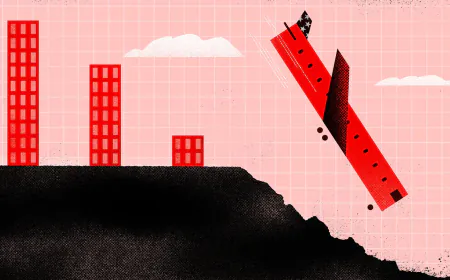











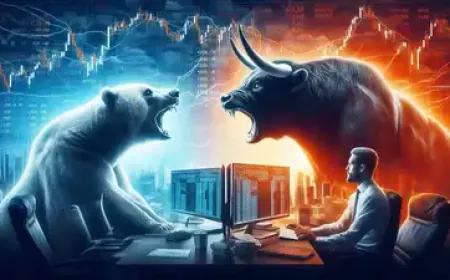

.jpeg)

















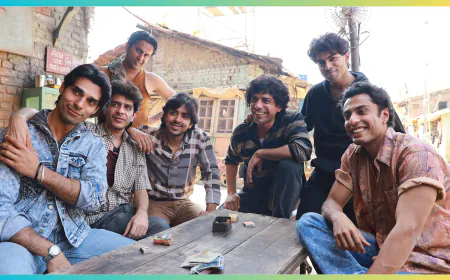










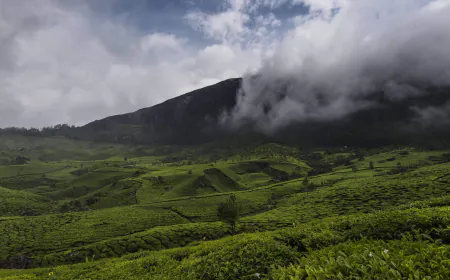
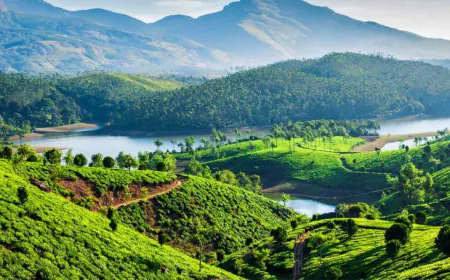









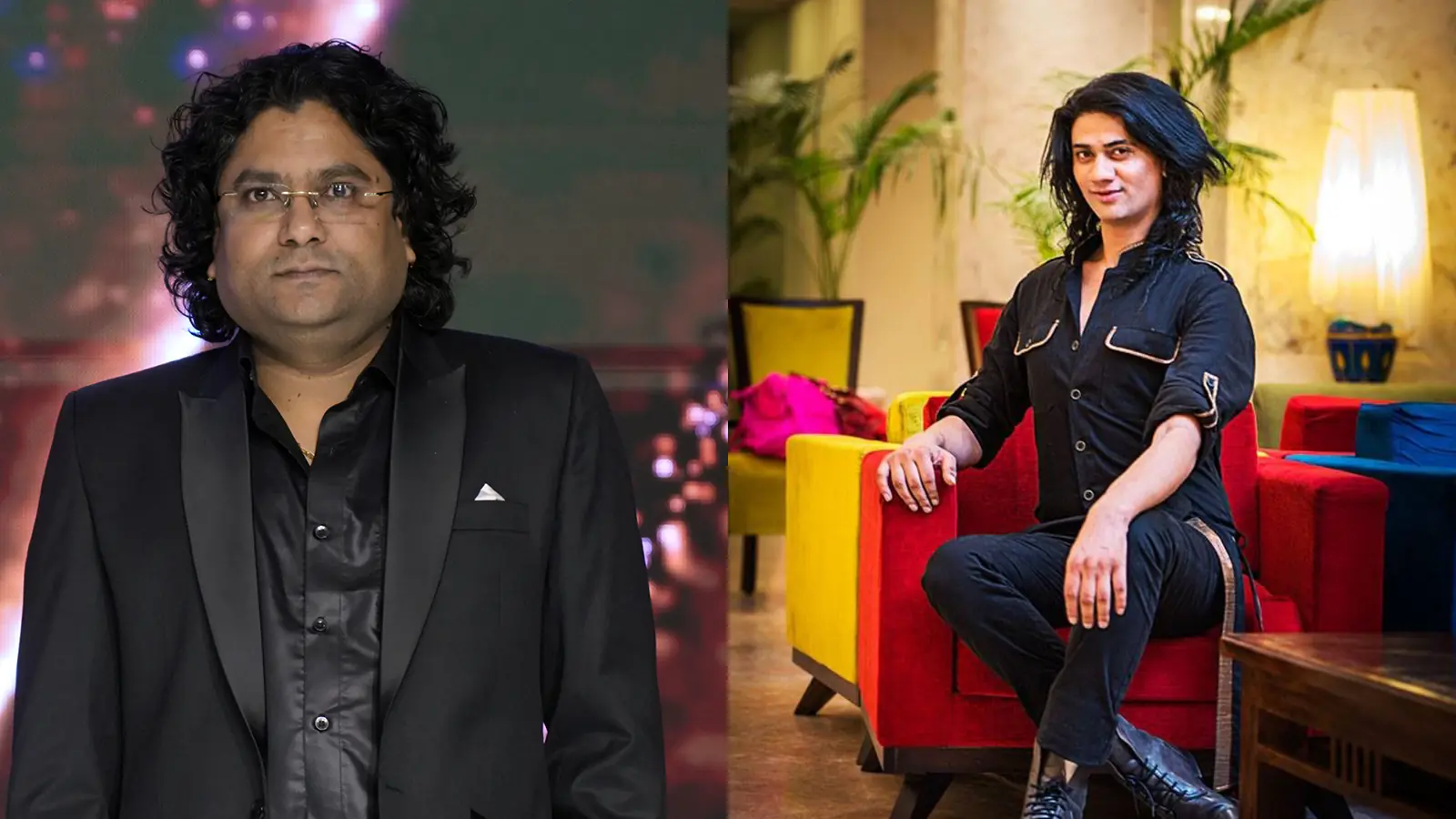




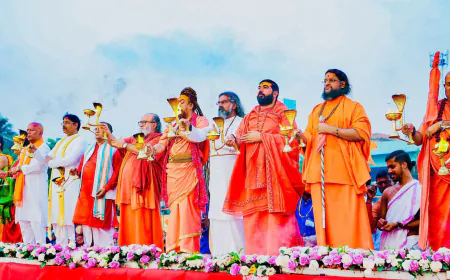
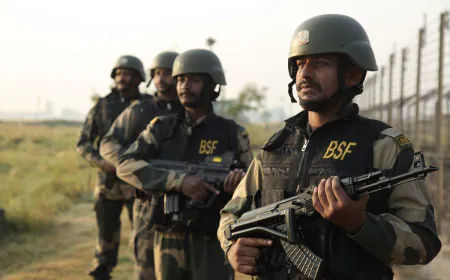
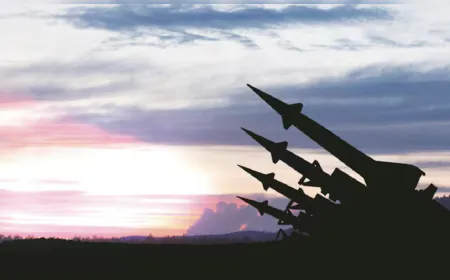
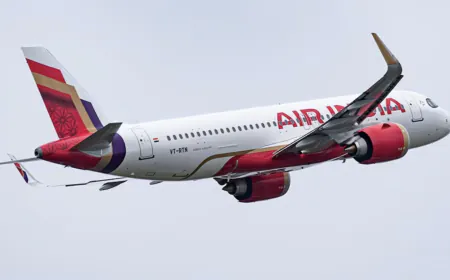












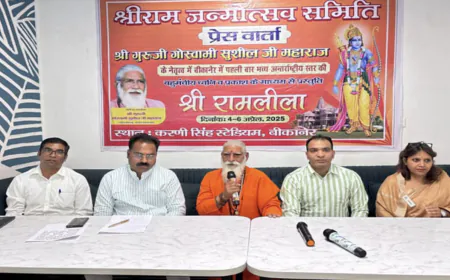

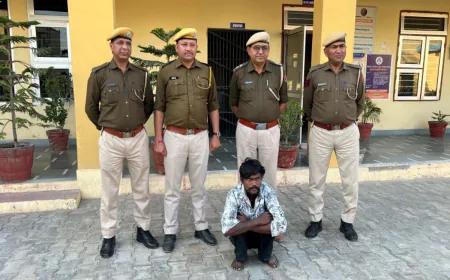



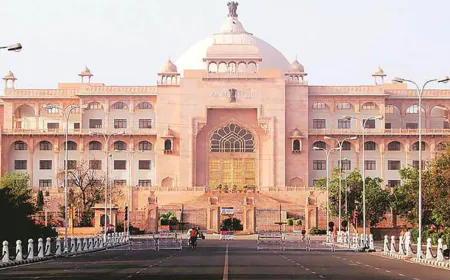

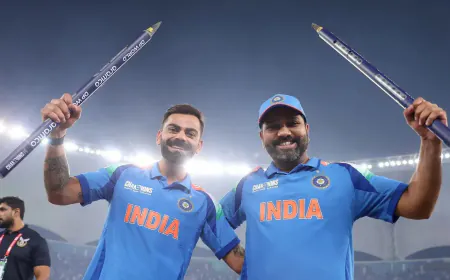
























.jpeg)





